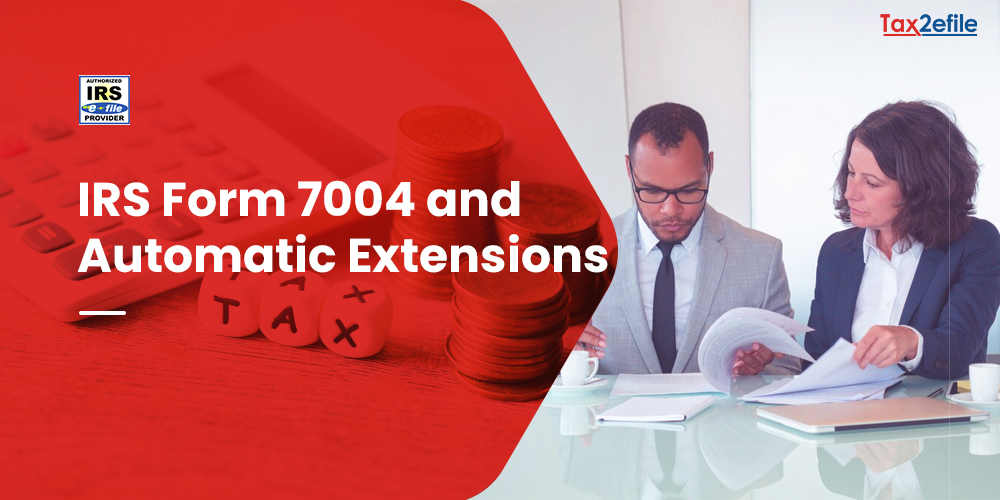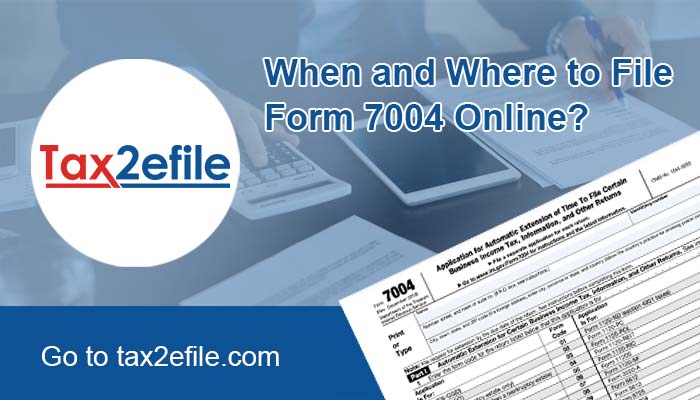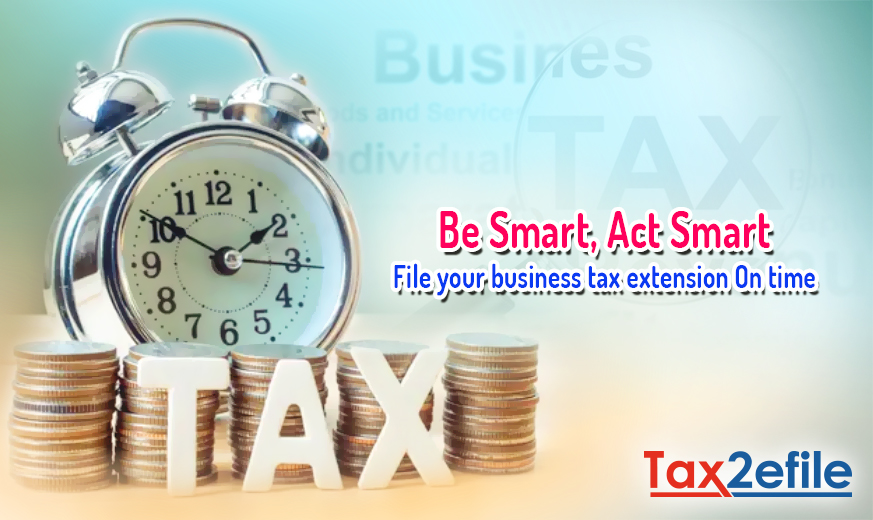- November 9, 2017

Both individuals and businesses are allowed to file a tax extension, which gives extra time to file their income tax returns. The due dates and the rules for filing a business tax extension differ from the personal tax extensions. Based on the type of business, the extension period differs from 5 to 7 months, which starts from the original due date of the tax return. For instance, when a business extension gets 6 months of tax extension and the original tax filing due date was March 1, then the new due date after the tax extension is September 1st. When you are planning to apply for a business tax extension form 7004, then you need to know the rules and the due dates for that act.
Table of Contents
Rules for Filing a Business Tax Extension
When you need extra and more time to prepare your taxes, you can request an extension with the Internal Revenue Service (IRS) through Form 7004 (Application for Automatic Extension of Time to File Certain Business Income Tax, Information, and Other Returns). These business tax extensions are automatic, which suggests that there is no need to sign Form 7004 or no need to provide the reason for the extension during the extension.
Companies must use Form 7004 in order to apply for a business extension. For certain businesses where the business undertakings are informed on the owner’s personal tax return, in that case, a personal extension can be requested with the IRS by using Form 4868.
- IRS 7004 Form is used to extend the tax filing due date for the following business tax returns:
- Form 8928, Form 8924, Form 8876, Form 8831, Form 8804, Form 8725, Form 8613, Form 8612, Form 706-GS(T), Form 706-GS(D), Form 3520-A, Form 1120-SF, Form 1120S, Form 1120-RIC,
- Form 1120-REIT, Form 1120-POL, Form 1120-PC, Form 1120-ND, Form 1120-ND (section 4951 taxes), Form 1120-L, Form 1120-H, Form 1120-FSC, Form 1120-F, Form 1120-C, Form 1120,
- Form 1066, Form 1065-B, Form 1065, Form 1042, Form 1041-QFT, Form 1041-N, and Form 1041.
Important rules of business tax extension to keep in mind
Accurate: Business extension is automatic when Form 7004 is properly completed and filed appropriately. The business tax extension can be denied if there are serious errors in the tax extension application.
Pay Tax Due: The tax extension only extends the time period to file the tax returns, not for paying the taxes. When you owe tax to the IRS for the tax year, you need to pay the tax due amount before the given due date. When you fail to pay the tax liability before the due date, then you are attracting the IRS penalties and interest charges towards you for late or no tax payment. So pay the tax due on time before the original deadline in order to avoid the late fee.
Submit tax extension request on time: When you need the tax extension and planned to request the extension with the IRS, then act accordingly. You need to submit the tax extension application on or before the original tax filing deadline. The deadline for tax filing will differ based on the type of business entity. For estates, partnerships, and trusts the original due date is April 5th. For S-corporations and C-corporations, the original tax filing due date is March 15th.
If you need to get the tax extension, ensure to use an IRS-authorized e-file tax service provider to file. As you are going to share your personal and business information, it should be kept secure.


